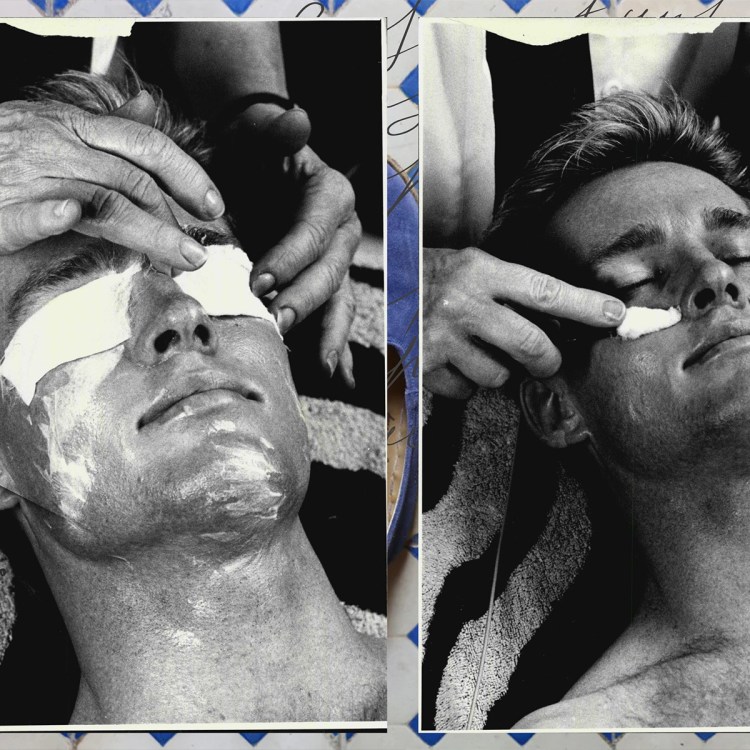There’s not a lot to be optimistic about these days, including the fact that failing to muster enough optimism in the face of these increasingly dark times could actually shorten your lifespan.
A recently published study from Queensland, Australia found that participants who scored higher on a test of pessimism died an average of two years earlier than the participants with lower pessimism scores.
To bring us these grim results, researchers at QIMR Berghofer’s Genetic Epidemiology group collected their pessimism scores from a questionnaire filled out by 3,000 participants aged 50+ between 1993 and 1995, then cross checked that data with the Australian National Death Index in October 2017 to determine how many participants had died and when.
Overall, those who scored high on the pessimism scale tended to die earlier, and the causes of those deaths suggest the pessimistic participants had a greater predisposition to certain life-threatening conditions.
“We found people who were strongly pessimistic about the future were more likely to die earlier from cardiovascular diseases and other causes of death, but not from cancer,” said lead researcher Dr. John Whitfield, per Vice.
However, that doesn’t mean optimism is the key to a longer life. The study did not find a significant link between optimism scores and increased lifespan. “Optimism scores … did not show a significant relationship with death, either positive or negative,” said Whitfield.
This may sound like something of a non sequitur, but what makes this study different from previous ones examining pessimism and mortality is that Whitfield’s team declined to treat pessimism and optimism as binary opposites.
“The key feature of our results is that we used two separate scales to measure pessimism and optimism and their association with all causes of death,” he explained. “That is how we discovered that while strong pessimism was linked with earlier death, those who scored highly on the optimism scale did not have a greater than average life expectancy.”
While pessimism may shave off a year or two of your life, all that relentless optimism probably isn’t helping you live any longer, so you can take off the rose-colored glasses now. Look around you: this is neither the time nor place for optimism.
Subscribe here for our free daily newsletter.
The Charge will help you move better, think clearer and stay in the game longer. Subscribe to our wellness newsletter today.


















